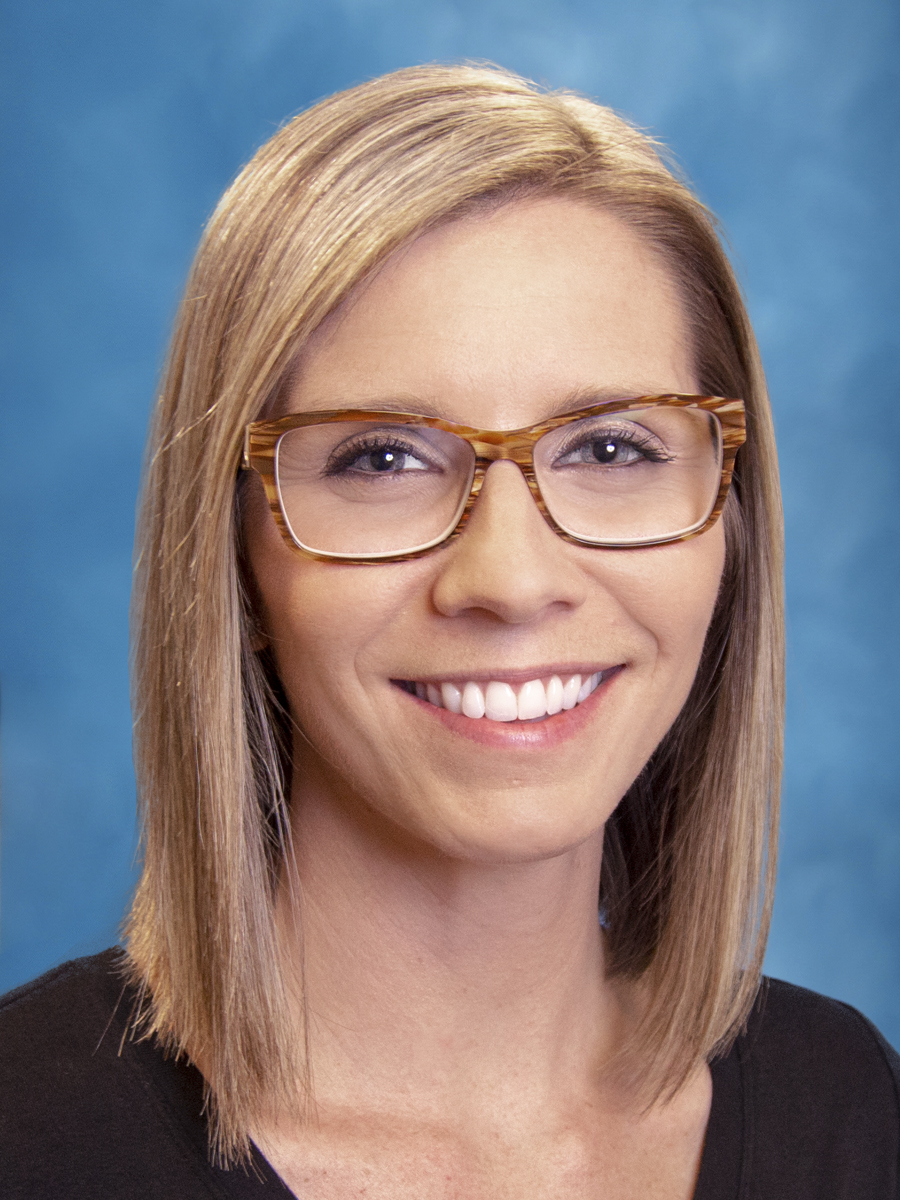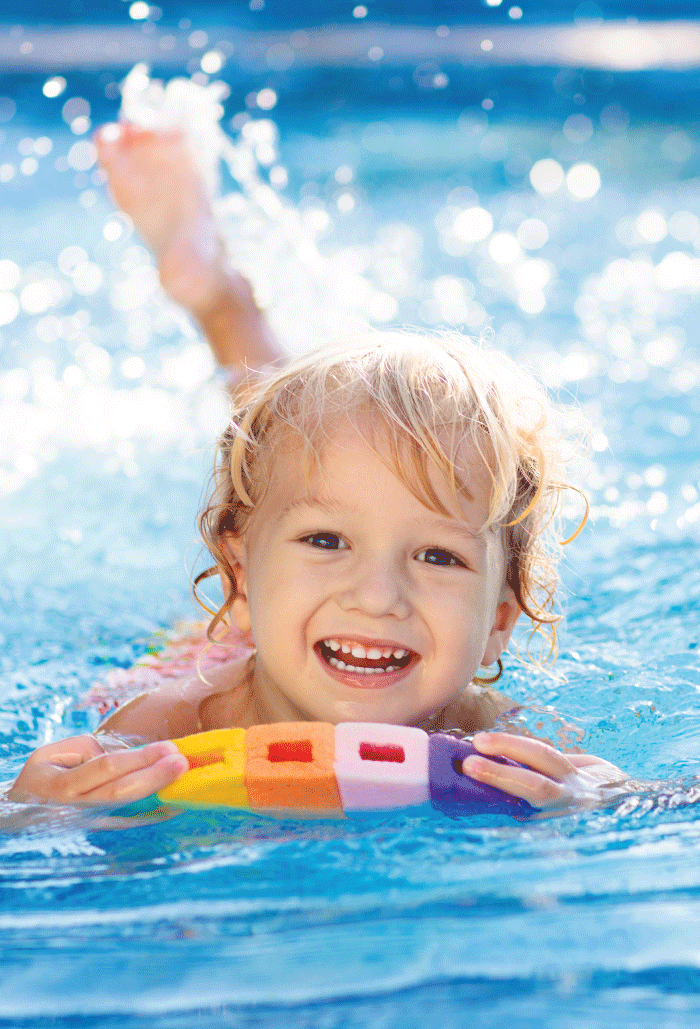
By JENNIFER CIPRIANO
With many schools and childcare facilities closed in an effort to stop the spread of the COVID-19 virus, parents and caregivers are keeping children home to minimize exposure and practice social distancing.
While we often consider our homes a safe place, being vigilant about protecting children in our homes should be a top priority. Every day in the United States, six children die from an injury in the home, and 10,000 of them visit the emergency department for injuries that occur in the home.
Let’s work together to keep children safe while social distancing by following these home safety tips:
Poisoning Prevention
With the recent virus concerns, many households are increasing the amount of cleaning products and sanitizers they have stored. The most common poison exposures in children are cosmetics and personal care products, household cleaners, and pain medications.
What you can do:
- Store household products and medications safely by keeping them up and away, out of children’s reach and sight
- Be aware of any makeup or medication that may be in your purse or handbag and store them out of reach of young children
- Keep the Poison Control Help number visible in your home and save it in your phone to call in case of a poison emergency:
- 24/7 Poison Help: 1.800.222.1222
Drowning Prevention

If you have a pool, swimming can be a great activity while children are home and out of school. Even playing in the bathtub can be a great way to break up the
day and have fun in the water. While playing in the water is fun and a great way to exercise, we do have to consider the facts when it comes to drowning and commit to safety while children are around water. Drowning is the leading cause of death for children 1 to 4 years old and young children can drown in less than 2 inches of water within minutes.
What you can do:
- Increase surveillance and give children your full and undivided attention while they are in the bathtub or around water
- Secure pool areas while not in use and never allow a child to swim without direct adult supervision
- In the bathroom: close toilet lids, empty bathtubs immediately after use, keep doors closed at all times
- Consider outdoor risks: buckets, kiddie pools, containers, fountains, neighbors’ pools, open bodies of water, or anything outside that could potentially collect water
Furniture Tip-over Safety
Anchoring TVs and furniture to prevent tip-over accidents is often overlooked when it comes to home safety. Every 3 weeks a child dies from a TV tip-over and 2 out of 3 TV and furniture tip-over fatalities involve toddlers. With children home more often, it is extremely important that we take a few extra moments to conduct a thorough assessment of our homes and make the necessary modifications to secure TVs and furniture.
What you can do:
- During your assessment look for heavy items such as: TVs, TV stands, bookshelves and dressers
- Secure flat screen TVs by mounting them to the wall using the proper manufacturer’s instructions
- Secure furniture by using anti-tip braces, brackets or wall straps
- Consider rearranging items in your home, such as keeping heavier items in the lowest possible place on a book self or dresser
Bicycle Safety
Kids love to ride their bikes and it can be a fun way to incorporate exercise into their day. Going for a family bike ride might be exactly what you need to break up the day and get some fresh air.
Teach your child to:
- Always wear a properly fitted helmet. Bike helmets reduce head injuries by 85% and brain injuries by 88%
- Ride in the same direction as traffic and follow all traffic signs and signals
- Stay in the bike lane whenever possible
- Be sure your child knows and uses all appropriate hand signals
- Use the sidewalk properly and stay alert for other pedestrians
- Never use electronics while riding
Let’s work together to prepare our homes to be the safest place possible for children while social distancing!
Sources: Florida’s Poison Control Centers, Safe Kids Worldwide, Water Smart Florida, National Safety Council
About the Author
Jennifer Cipriano is the Trauma Care Continuum Coordinator for Lakeland Regional Health.
